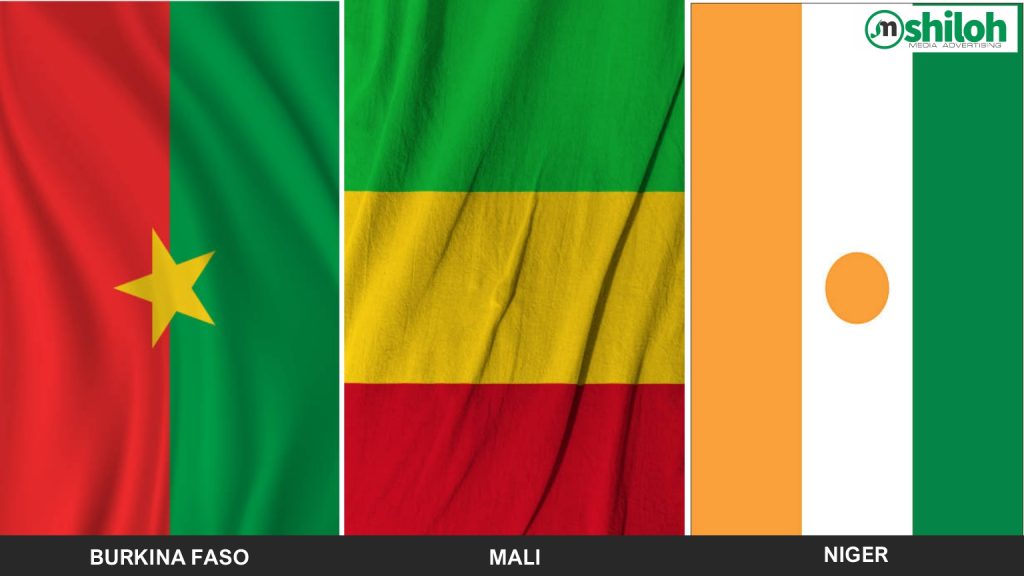Nigeria’s Inflation Climbs to 29.90% Amidst Escalating Cost of Living
Written by Deborah Oyinloye on February 16, 2024
Nigeria’s inflation rate has surged to 29.90% in January 2024, marking a notable increase from the previous month’s 28.92%. This was revealed in the latest report from the National Bureau of Statistics (NBS) on Thursday, February 15, 2024, describing the mounting economic challenges facing the nation.
The surge in inflation, driven primarily by food inflation and the escalating cost of living, reflects the deepening economic crisis gripping Nigeria. On a year-on-year basis, the headline inflation rate soared by 8.08%, surpassing the rate recorded in January 2023, which stood at 21.82%.
According to projections by the Financial Derivatives Company, the headline inflation rate is expected to spike further to 29.73%, marking the thirteenth consecutive monthly increase and reaching a record high.
The NBS report attributes the persistent inflationary pressures to the weakening currency, with the naira experiencing a drastic 21% depreciation in January alone, reaching a historic low of N1,530/$. This currency depreciation has significantly impacted the prices of imported goods, particularly wheat-related products like noodles, semovita, and bread, which witnessed price hikes of 20.4%, 35.8%, and 14.3%, respectively.
Food inflation, constituting 50% of the overall inflation rate, surged to 35.41% in January, driven by increases in the prices of essential food items such as bread, cereals, potatoes, yam, oil, fat, fish, meat, fruit, coffee, tea, and cocoa.
The rise in inflationary pressures has spurred concerns among stakeholders, prompting urgent measures to address the escalating cost of living. President Bola Tinubu has ordered the release of grains to mitigate food costs, while various stakeholders are convening to tackle the impact of fuel subsidy removal and the insecurity plaguing certain regions of Nigeria.
Despite the grim inflation outlook, the Central Bank of Nigeria (CBN) remains optimistic about a potential decline in inflationary pressures in 2024. CBN Governor Yemi Cardoso anticipates inflation to decrease to 21.4%, driven by the bank’s inflation-targeting policy, improved agricultural productivity, and alleviated global supply chain pressures.
However, the challenges persist as the Nigerian foreign exchange market grapples with heightened demand pressures, leading to continued depreciation of the naira.







Emmanuel Obianuju On March 6, 2024 at 7:33 pm
Nigeria needs an intervention